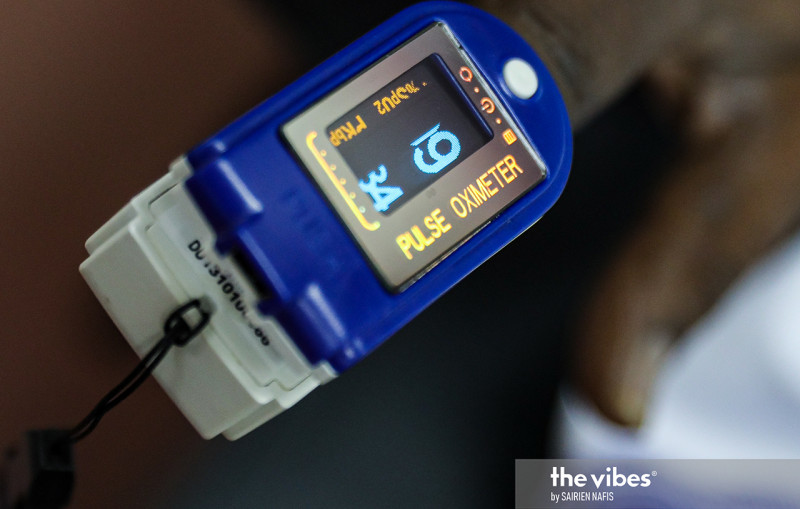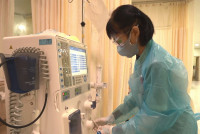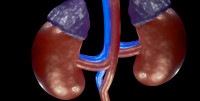KIDNEY disease is on the rise and continues to be a major public health problem in Malaysia. It is often referred to as a silent killer, as only 5% of people with chronic kidney disease (CKD) are aware they have the disease.
In a nationwide population-based cross-sectional study published in 2020 on the prevalence of CKD and its associated factors in Malaysia, it was found that awareness of CKD diagnosis was still low at 5%.
People may not know they are experiencing loss in kidney function until they develop symptoms at the end stage. Early screening for high-risk groups, especially those with diabetes and hypertension, is important for early intervention to delay the progression of the disease.
It is important to manage CKD as early as possible so patients can live life uninterrupted without the need for dialysis or any forms of kidney replacement therapy for years. Through a simple blood test called a glomerular filtration rate (GFR) test, experts are able to determine the health of kidneys and assess the risk of CKD.
If CKD is at an early stage, there are certain early interventions that can be introduced to delay progression of disease and give the patient a better quality of life. We are concerned as the prevalence of CKD increased from 9.1% in the 2011 National Health and Morbidity survey to 15.5% in 2018.
The number of Malaysians requiring kidney replacement therapy is increasing while diabetes is the leading cause for end stage kidney failure in the country. The Malaysian Dialysis and Transplant Registry reported that 8,431 new patients received dialysis in 2018 and by the end of 2018 there were 44,136 patients on dialysis.
The number of end-stage kidney disease patients is estimated to reach 106,000 in 2040. This burden will cost the healthcare system an estimated RM3.2 billion annually.
As part of our awareness campaign for World Kidney Day this year, the Malaysian Society of Nephrology advises those who are at high risk of CKD, especially those with diabetes and hypertension, to ensure they go for routine GFR tests with their family doctors and not miss any follow-up appointments as regular monitoring can improve outcomes.
World Kidney Day on March 10 is a global campaign aimed at raising awareness on the importance of our kidneys to our overall health and reducing the frequency and impact of kidney disease and its associated health problems worldwide. The theme for this year’s World Kidney Day is Kidney Health for All. – The Vibes, March 10, 2022
Prof Dr Abdul Halim Abdul Gafor is Malaysian Society of Nephrology president







.jpeg)













